Hour al-Azim wetland wildfire threatens bird migration
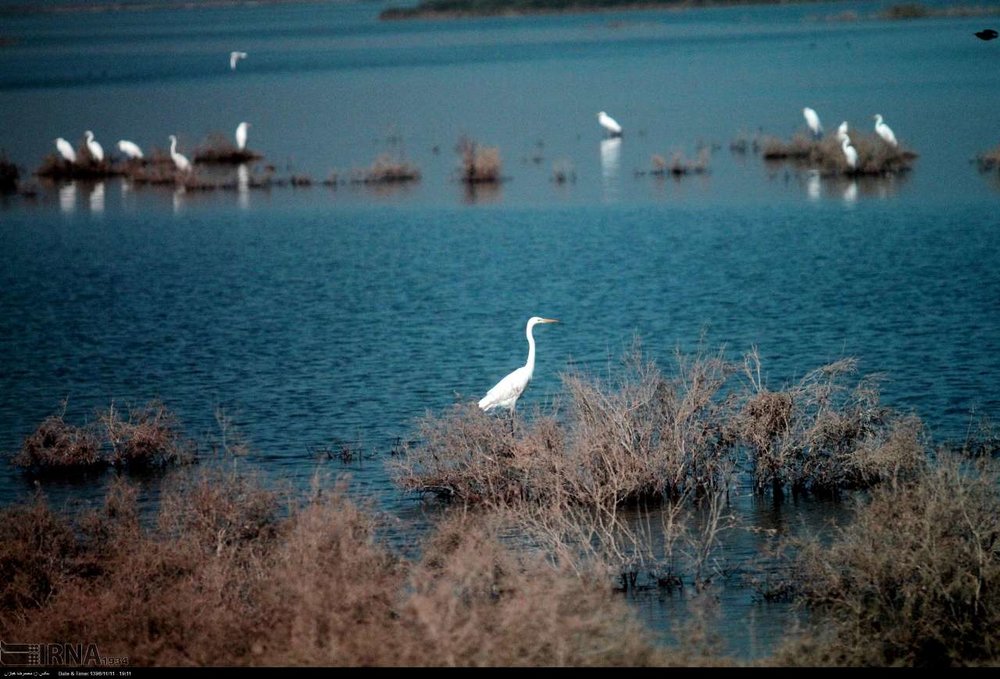
TEHRAN — Should the wildfire in Hour al-Azim wetland continues throughout autumn it would become a threat to bird migration in the area, head of Khuzestan province’s department of environment has said.
Raging wildfire has been hitting the Iraqi part of Hour al-Azim, a transboundary body of water shared between Iran and Iraq, since July 2.
And now Ahmadreza Lahijanzadeh explained if the fire continues in the region the number of birds migrating to the wetland will certainly decrease.
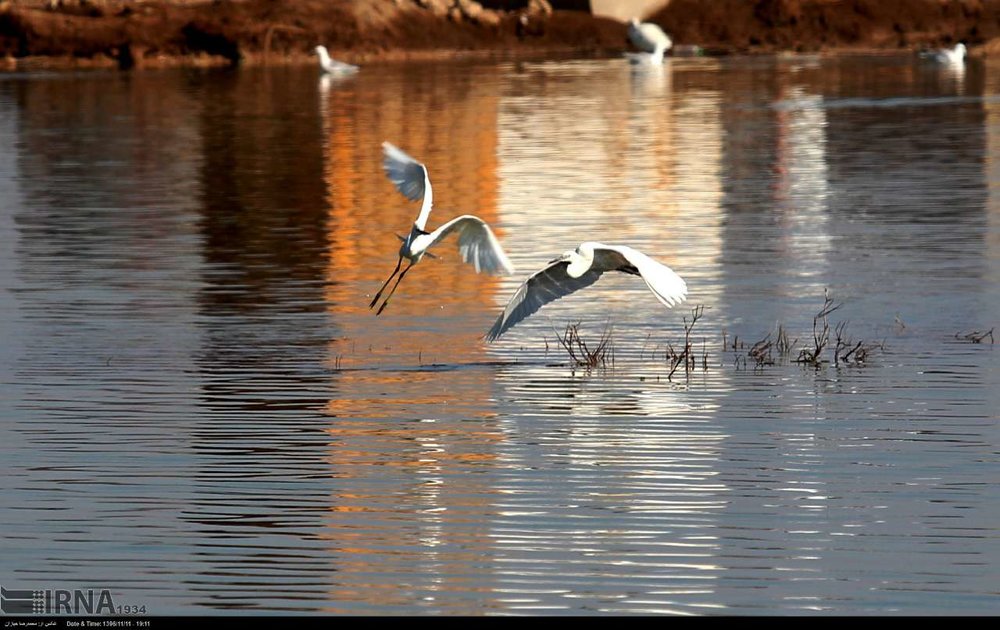
Migratory birds normally wing their ways to the wetland since [the Iranian calendar] month of Aban (October 23 to November 21) and the fire would disrupt the process as they may seek habitats which are safer, YJC qouted Lahijanzadeh as saying on Friday.
What do birds do when wildfires break out?
According to audubon.org, when wildfires erupt in a habitat birds fly away unsurprisingly. A fire might kill weak birds or, depending on the time of year, claim nestlings. Birds evolved alongside fire and flee in the face of conflagrations. “Direct mortality is not a big concern,” U.S. Forest Service research biologist Vicki Saab says.
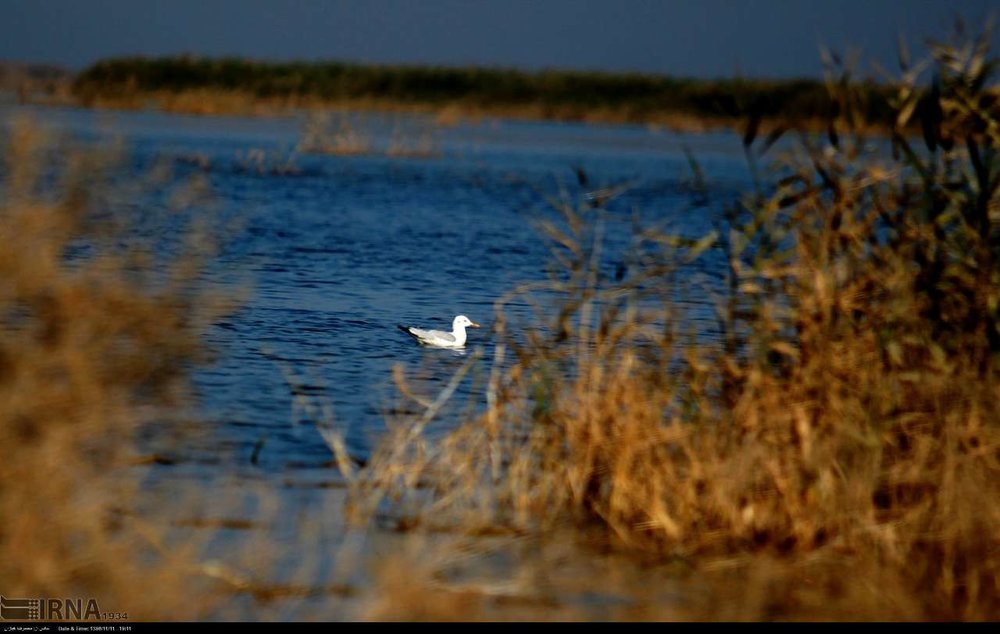
But how do wildfires physically affect birds? Assuming birds escape a fire, smoke might still affect their health in ways that aren’t very well understood. “We do know that exposure to particulate matter, which of course is of great concern for human health, can affect birds as well,” says Olivia Sanderfoot, a National Science Foundation Graduate Research Fellow at the University of Washington Seattle who studies how air pollution affects birds.
For example, veterinarians and poultry scientists who study captive birds have found that smoke can damage lung tissue and leave the animals susceptible to potentially lethal respiratory infections.
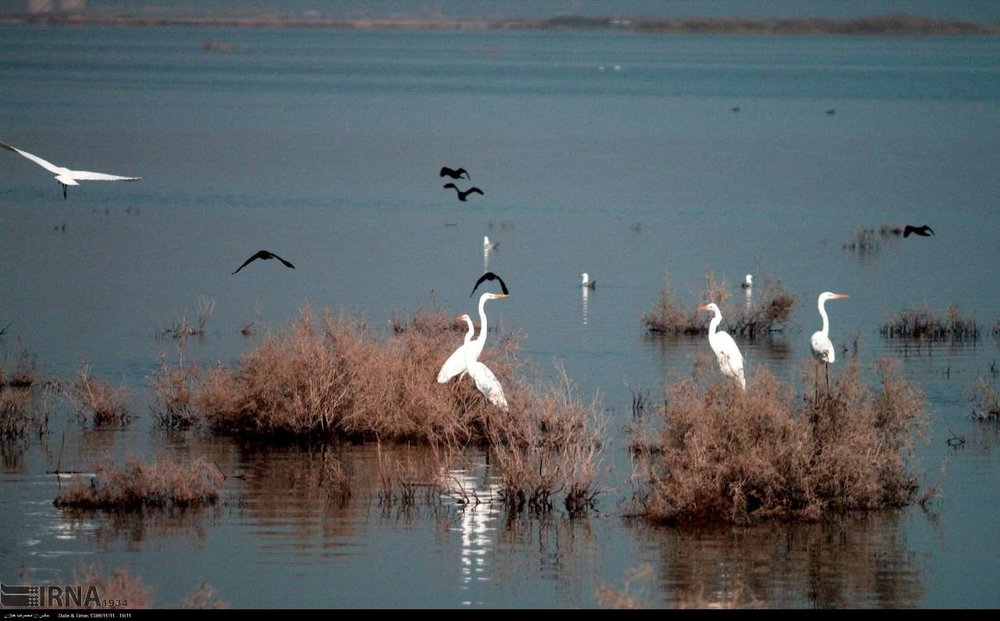
In some cases, smoke inhalation might make it harder for birds to flee onrushing flames. Thick smoke, for instance, may have contributed to the deaths of 50 adult White Ibises during a 1999 fire in the Everglades, Sanderfoot reported in a recent paper. And some low-flying species might succumb to smoke inhalation or exhaustion before they can escape forest fires, according to the Alberta Institute for Wildlife Conservation.
Hour-al Azim stuck in wildfire
The fire has caused air pollution and breathing difficulties for people of Khuzestan province in southwestern Iran. While the fire was contained to some extent, several times it ignites every now and then due to the high temperatures and lack of water in Iraqi parts of the wetland.
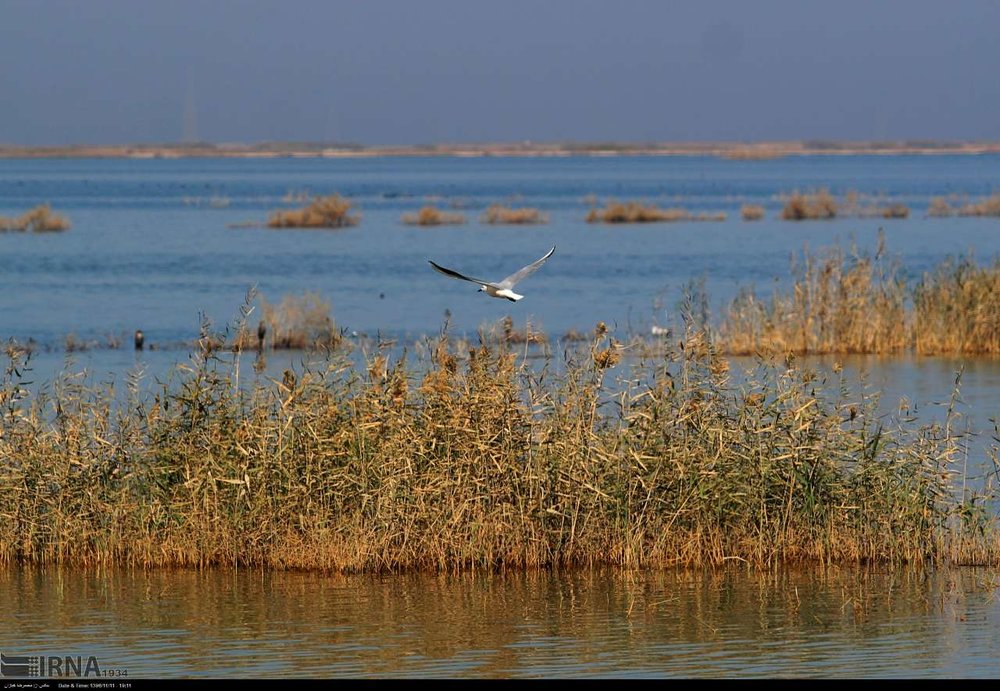
Despite efforts made by Iran including aerial firefighting more than 20,000 hectares of the wetland in Iraq has burnt so far.
While the wetland has been burning in fire originated mainly in the Iraqi part of the wetland, the Iraqi government seems to be reluctant to make any moves to put out the fire.
MQ/MG
